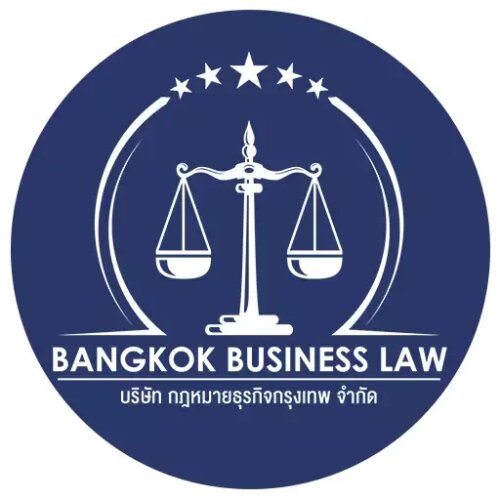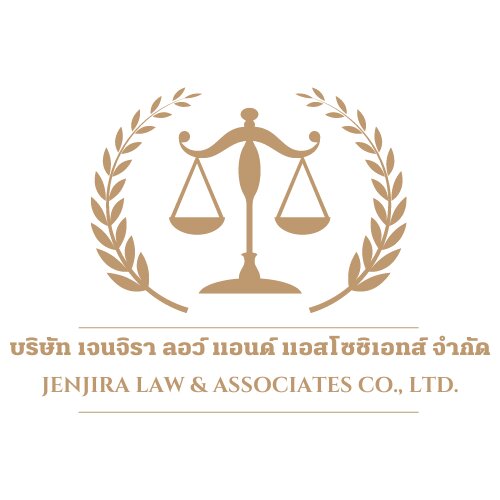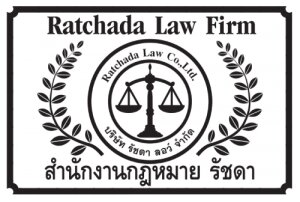Best Nonprofit & Charitable Organizations Lawyers in Bang Kapi
Share your needs with us, get contacted by law firms.
Free. Takes 2 min.
List of the best lawyers in Bang Kapi, Thailand
About Nonprofit & Charitable Organizations Law in Bang Kapi, Thailand
Nonprofit and charitable organizations in Bang Kapi, Thailand play an essential role in fulfilling social, environmental, and humanitarian needs. These entities are typically structured as foundations, associations, or social enterprises and are governed by specific legal frameworks that ensure transparency, accountability, and ethical operations. The laws encompass a range of obligations, including registration procedures, financial reporting requirements, tax exemptions, and compliance with specific regulations pertinent to the nature of charitable activities. As the community grows, nonprofits continue to address local challenges, supported by regulations that facilitate their operations while ensuring they uphold the public interest.
Why You May Need a Lawyer
People involved in nonprofit and charitable organizations may require legal assistance for several reasons:
- Formation and Registration: Establishing a nonprofit requires navigating the legal registration process and ensuring compliance with local regulations.
- Regulatory Compliance: Regular legal consultation helps ensure ongoing compliance with reporting and operational regulations, avoiding potential fines or penalties.
- Contractual Matters: Nonprofits often engage in various contracts, such as lease agreements or service contracts, where legal guidance is beneficial.
- Tax Issues: Understanding and applying for tax exemptions or deductions can be complex and may require legal expertise.
- Dispute Resolution: Legal disputes may arise involving employment, donors, or beneficiaries, requiring legal negotiation or representation.
- Intellectual Property: Legal advice might be needed to protect any intellectual property associated with campaigns or initiatives.
Local Laws Overview
The legal landscape for nonprofits in Bang Kapi, Thailand, is shaped by several key laws and regulations:
- Thai Civil and Commercial Code: Governs the formation and operation of foundations and associations.
- Revenue Code: Details tax obligations and potential exemptions for charitable organizations.
- Social Enterprise Promotion Act: Provides frameworks for organizations pursuing social objectives while engaging in trade.
- Department of Provincial Administration (DOPA): Responsible for registering NGOs and ensuring they meet the necessary operational criteria.
Frequently Asked Questions
What are the basic legal requirements to start a nonprofit in Bang Kapi?
To start a nonprofit, you need to register with the Department of Provincial Administration, draft a constitution or bylaws, and comply with financial reporting and governance standards.
How long does the registration process take?
The registration process can take several weeks to months, depending on the completeness of documentation and governmental review processes.
What type of documents are needed for registration?
Documents typically include a statement of objectives, governing documents like a constitution, financial plan, and relevant background information of founders.
Can a nonprofit be involved in commercial activities?
Yes, a nonprofit can engage in commercial activities as long as they align with their charitable purpose and profits are reinvested into the organization's social objectives.
Are nonprofits in Thailand eligible for tax exemptions?
Yes, nonprofits can apply for tax exemptions, but they must comply with specific criteria outlined in the Revenue Code.
What happens if a nonprofit fails to comply with local laws?
Failure to comply with local laws can result in penalties, revocation of registration, or legal action against the organization and its trustees.
How often do nonprofits need to submit financial statements?
Nonprofits are required to submit annual financial statements to the relevant authorities to maintain transparency and accountability.
Who regulates nonprofits in Bang Kapi?
Nonprofits are primarily regulated by the Department of Provincial Administration and subject to oversight by tax authorities and other relevant government bodies.
Can foreign nationals establish nonprofits in Bang Kapi?
Foreign nationals can establish nonprofits, but they must adhere to specific additional requirements, including legal representation and adherence to foreign ownership laws.
Is it necessary to have a board of directors for a nonprofit?
Yes, having a board of directors is a legal requirement to ensure governance and accountability within the organization.
Additional Resources
For further assistance, you can contact the following resources and organizations:
- Department of Provincial Administration (DOPA): Offers guidance on registration and compliance for nonprofit organizations.
- Thai Revenue Department: Provides information on tax obligations and exemptions applicable to nonprofits.
- Thai Social Enterprise Office: Supports social enterprises through policy initiatives and guidance.
- Legal Service Providers: Engage qualified legal services specializing in nonprofit law for personalized advice.
Next Steps
If you need legal assistance in the field of Nonprofit & Charitable Organizations in Bang Kapi, consider taking the following steps:
- Consult Legal Professionals: Seek advice from a lawyer specializing in nonprofit law to assess your legal needs.
- Research & Resource Gathering: Utilize available governmental and organizational resources to understand the regulatory framework better.
- Compliance Audit: Conduct regular audits to ensure ongoing compliance with relevant laws and regulations.
- Engage Stakeholders: Involve your board, donors, and other stakeholders in legal matters to promote transparency and collective decision-making.
Lawzana helps you find the best lawyers and law firms in Bang Kapi through a curated and pre-screened list of qualified legal professionals. Our platform offers rankings and detailed profiles of attorneys and law firms, allowing you to compare based on practice areas, including Nonprofit & Charitable Organizations, experience, and client feedback.
Each profile includes a description of the firm's areas of practice, client reviews, team members and partners, year of establishment, spoken languages, office locations, contact information, social media presence, and any published articles or resources. Most firms on our platform speak English and are experienced in both local and international legal matters.
Get a quote from top-rated law firms in Bang Kapi, Thailand — quickly, securely, and without unnecessary hassle.
Disclaimer:
The information provided on this page is for general informational purposes only and does not constitute legal advice. While we strive to ensure the accuracy and relevance of the content, legal information may change over time, and interpretations of the law can vary. You should always consult with a qualified legal professional for advice specific to your situation.
We disclaim all liability for actions taken or not taken based on the content of this page. If you believe any information is incorrect or outdated, please contact us, and we will review and update it where appropriate.










